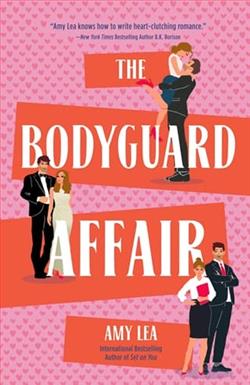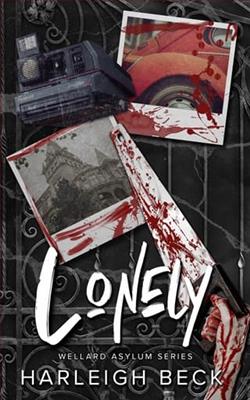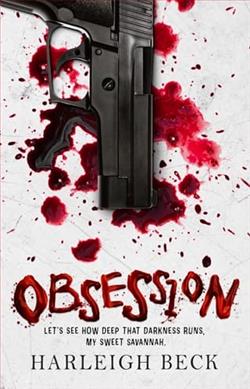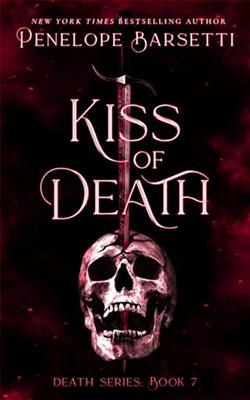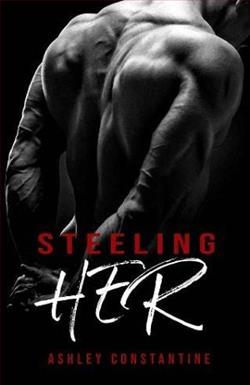Page 65 of The Fire Beneath the Frost
“You know,” her mother began, swirling her glass and eyeing us like we were prize livestock, “you should start a family soon.At least one child.Two would be better.”
“Oh, definitely two,” her father chimed in.“Siblings are important.They teach you how to share.How to build the next generation of the motherland.”
I nearly laughed.Or groaned.Maybe both.Instead, I leaned forward, resting my chin on my hand and plastering on a smile that passed for polite in company like this.Broad enough to show I was listening, but not so wide it could be interpreted as sincerity.
Vera rolled her eyes again, but didn’t speak this time.Maybe she was tired.Or maybe she was thinking what I was thinking: that if we gave them even a single inch, they’d take our entire imagined future and redecorate it with prams and Party medals.
I kept my expression pleasant, even thoughtful.I didn’t discourage them.Hell, I was almost tempted to make a game out of it.Name the future kids.Comrade Masha, born under a red star.Little Pavel, junior Komsomol pioneer.The possibilities were endless and horrifying.
Because the truth was, I didn’t want children.Not here.Not in this twisted, crumbling dream of a country where love had to be buried and identities shaved down to their dullest edges.What kind of father would I be, raising a child in a world where I couldn’t even be myself?
The conversation veered, as conversations did, from the hopeful to the dire.
“You know what I heard earlier this week?”Vera’s father said, lowering his voice and leaning in like we were plotting a revolution.“Belarus and Ukraine both declared independence.”
That sobered the room fast.Even the jazz felt suddenly too loud.
“What?”Vera sat up straighter.
He nodded, eyes gleaming with something between pride and fear.“Latvia’s expected to follow any day now.The whole damn thing’s coming apart.”
Her mother gasped like someone had dropped a Fabergé egg.
“No one told me,” I whispered, though I was sure the surprise on my face said it for me.
“No one told anyone,” he muttered, swirling his vodka.“They’re trying to keep it quiet, but it’s happening.Gorbachev’s lost control.”
Vera’s mother glanced at the door, then lowered her voice even further.“If he hadn’t started this perestroika nonsense, none of this would be happening.What’s to become of us if… ”
Her husband shushed her with a quick motion, his eyes darting to the walls like they might sprout ears.
I took another sip of vodka, watching them.Not just listening—watching.The fear was genuine, but it wasn’t about war, or famine, or a country cracking open at the seams.It was about them.About what would happen to their dacha, their status, their carefully manicured place in the Soviet hierarchy if the system collapsed and left them floating in the rubble.
I felt something flicker in my chest.Not hope, exactly.But a grin crept onto my face before I could stop it.Because for the first time in a long time, I realized they were scared.People like them, the ones who never questioned the system because it had always worked for them, they were truly frightened.
And that meant something could change.
Vera yawned suddenly, loud and obviously fake.I caught the performance and matched it with a knowing glance.
“Well,” she said, rising with that practiced grace of hers, “it’s been a long day.Petyr and I should get some rest.”
Her mother opened her mouth, probably to press the baby issue one more time, but Vera cut her off with a smile that didn’t reach her eyes.“Come along, Petyr.”
I rose dutifully, set my empty glass down, and took her hand like we were in love and not just faking this together.We left the chandelier and the crystal and the reek of polite, poisonous conversation behind us and headed upstairs, away from the people who’d never understand what it meant to want something more than survival.
* * *
The guest bedroom was too warm, the radiator ticking like a metronome for insomniacs.I stood beside the bed, peeling off my shirt and trousers and folding them into a neat square, like I always did, and found a pair of pajamas in the dresser—stiff cotton, striped, probably something her father wore once or twice and then forgot about.They smelled like cedar.
Behind me, Vera sat at the little vanity tucked between the window and the closet, bent over a jar of what looked like axle grease.She dabbed it onto a cotton pad and began scrubbing at her eyelids, black smudges blooming like bruises.Her red hair was down now, cascading over her shoulders like a spill of firelight.In the mirror, I saw her face coming into focus as the makeup disappeared—bare, vulnerable, still almost unfairly beautiful.
I slid under the heavy blanket and sank back into the mattress with a sigh, the springs creaking beneath me.She picked up a hairbrush and began brushing her hair in long, even strokes.It was hypnotic.
Not for the first time, I felt a pang of regret.Not because I wanted her, but because I should.Any man would, wouldn’t they?Any normal man.She was gorgeous, kind, clever, brave.A dream.And I was broken in exactly the wrong way to appreciate it.
She met my gaze in the mirror.Her voice, when she spoke, was soft enough that I almost missed it over the brushing.
“Petyr,” she said.“Don’t get your hopes up.”








